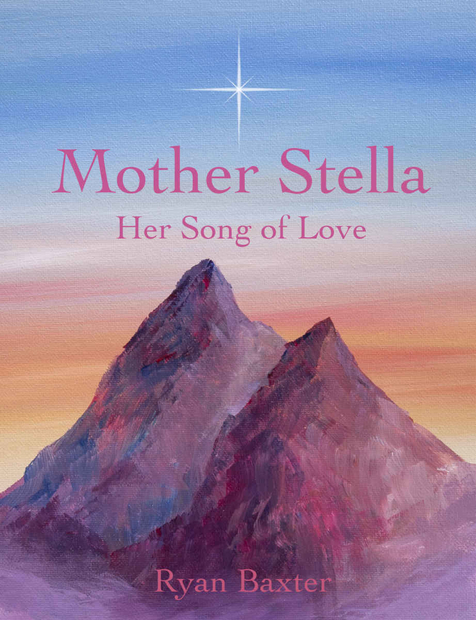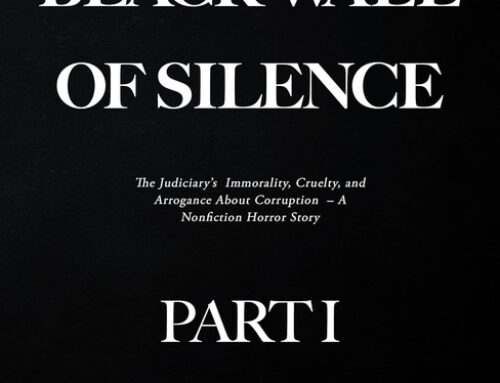
A spiritual guide known as Mother Stella is the fascinating focus of Ryan Baxter’s thoughtful examination of her life and legacy.
As outlined extensively in Baxter’s lively chronicle, Stella was born in Iceland during the Great Depression. Her family lived in respectable poverty, with fresh flowing water available, but no indoor plumbing and no electricity. As WWII heated up, British forces and then American took control of their territory and occupied Reykjavik. Stella was old enough to remember the bounty of the American soldiers in Christmas gifts and candy. She married an American and immigrated to the US, winding up in the San Francisco area in the 1960s.
In that heady atmosphere, the young mother was drawn to study yoga, becoming a practitioner and then a teacher. She gravitated to Eastern religion and went on pilgrimage to India and its sacred sites. Her yoga master gave her the Hindu name Lakshmi, which opened many doors. She visited Shree Rajneesh in Pune and volunteered at physical and other labor for him, and later participated in his American ashram, Rajneeshpuram, in Oregon, where many legal problems arose; as Baxter puts it, the commune “eventually collapsed under the weight of…collective wrongdoing.” Baxter and others wanted Stella to share her own, pure wisdom more widely, and founded the Stella Meditation Center.
Much of Baxter’s book is accessibly philosophical, sharing Mother Stella’s revelations, which focus on how and why to take up certain spiritual practices such as yoga and meditation. Far from her message being exclusionary about other faiths, her major message is to use Eastern practices alongside the rituals of other religions. The book stresses Mother Stella’s perspective: “There is no need to fight with belief systems, to treat them like the enemy” – an inspiring emphasis not always found in books on the Eastern path.
The book very sensitively presents Mother Stella’s creed as simply an extension of ordinary life, rather than a set of lofty ideals to which most of us cannot adhere for very long. This perspective separates her philosophy, and the book, from others on Eastern mysticism, which makes the book both endearing and persuasive, as she is thoroughly open-hearted and open-minded, and very much leads by example.
That said, the book does come from the perspective of a tried-and-true believer, so one does have to read between the lines to separate a fair degree of idolatry from more universal constructs. For example, the author quotes extensively from his own earlier fictional works – The Secret Valley and Terra 12 – that were heavily influenced by Mother Stella and her views, and in which at times she appears as a character, so the book is highly personal, as well as promoting universal ideas.
However, the author’s passion and knowledge about his subject shine through and give the book real authority on this relatively little-known figure. Because her tenets are so commonsense and positive, the book can be useful as a guide for those looking for spiritual direction.
A unique mixture of biography and spiritual treatise, Mother Stella: Her Song of Love serves as both a paean to a remarkable, saintly woman and a hope-filled reassurance to anyone seeking spiritual answers.
Book Links
STAR RATING
Design
Content
Editing
Get an Editorial Review | Get Amazon Sales & Reviews | Get Edited | Publish Your Book | Enter the SPR Book Awards | Other Marketing Services























Leave A Comment